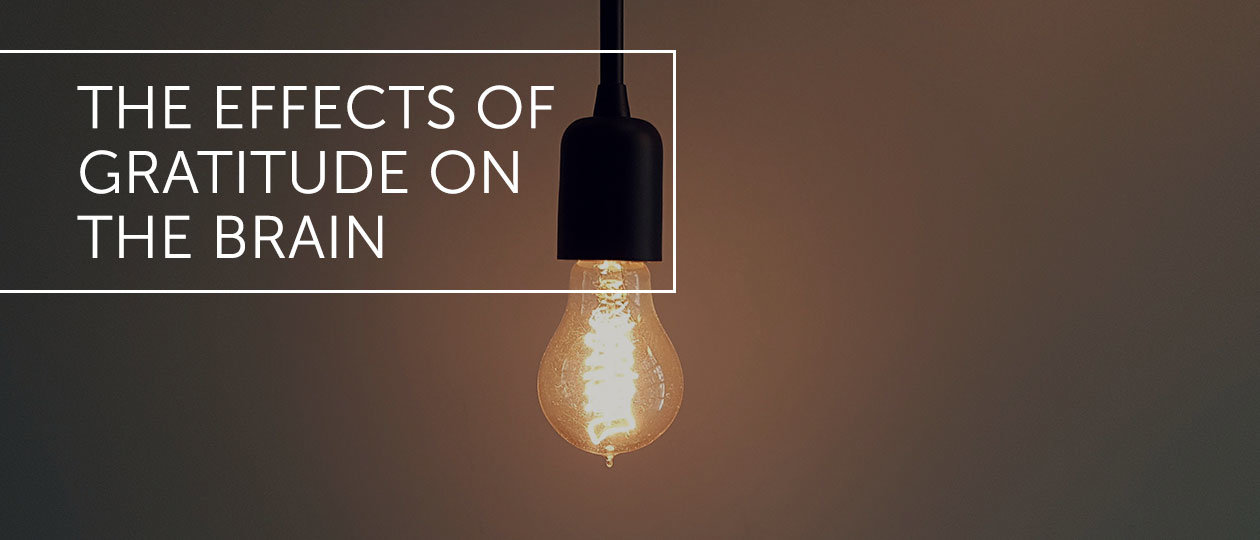The Effects of Gratitude on the Brain
Let me start by turning the question around. How does our brain affect gratitude? Not many people think about it from that angle, maybe because we tend to think of gratitude as a chore. We want to know what it can do for us. Feeling gratitude in our lives, as opposed to malcontent, causes our brain to produce oxytocin, peptides, and endorphins. It means huge improvements to our physiology and hormone levels, our ability to think creatively, sleep well, and experience peace in our daily lives. In short, all of the things most important to us. The trouble is, we’re asking the wrong question.
The traditional view of gratitude or malcontent is that “I’ll be content when…” You can fill in the blank with anything you like, and then go about planning how to make it happen. We all tend to think that we set our own, conscious requirements for these things, but if you’ve followed this blog with any regularity, you know what I think of relying on willpower to accomplish your goals. Even though it’s how almost everyone has taught us to do things for the last thirty years or so, the reality is that the subconscious mind is just too powerful for most of us. Anyone remember Just Say No? It seemed like a great idea until we realized that only about one in a thousand drug addicts could actually do it. The vast majority of our thoughts and actions are defined by our subconscious memories and beliefs, not our conscious will.
I tend to lose about half my audience here, so let’s slow it down. Many of you are probably thinking, “What is he talking about? Of course it’s my conscious will. It’s up to me, isn’t it?” I completely sympathize. I used to think the same way until my wife’s bout with depression. Now, she’s much smarter than I am, with an IQ somewhere in the top 1 percent. She read a library of books over a period of twenty years on how to beat depression, many of them excellent. Yet time after time, I would ask her how her reading was going, hoping against hope that this would be the one to make the difference, and she would say, “I don’t get it.” It wasn’t that she didn’t understand what the books were saying, it’s that the books were all coming from this flawed perspective of using willpower to change your depression. They were telling her to “Just Do It,” and she couldn’t. Most of us can’t, so what’s the answer?
Well, I wouldn’t be writing this if I didn’t believe I had a solution. It’s really pretty obvious, once you have all the facts and think about it logically. We feel discontent because our brain mandates that we feel discontent. If you’re feeling discontented, it’s because of a malfunction that’s causing your brain to think that you are in a life-or-death situation. We can’t simply force it to mandate something different, we just don’t have that choice! Instead, we have to go to the source. We have to find the source of that malfunction and heal it.
Twenty years ago, I didn’t know of any tools that could do this consistently, but today I’m happy to say that I do. I’ve been teaching them for around seventeen years now, and today I’d like to share one of them with you, something you can use to fix this problem in your own life. Don’t let a malfunction mandate your life, take your gratitude and contentment into your own hands.
Have a blessed, wonderful day!




Add a Comment